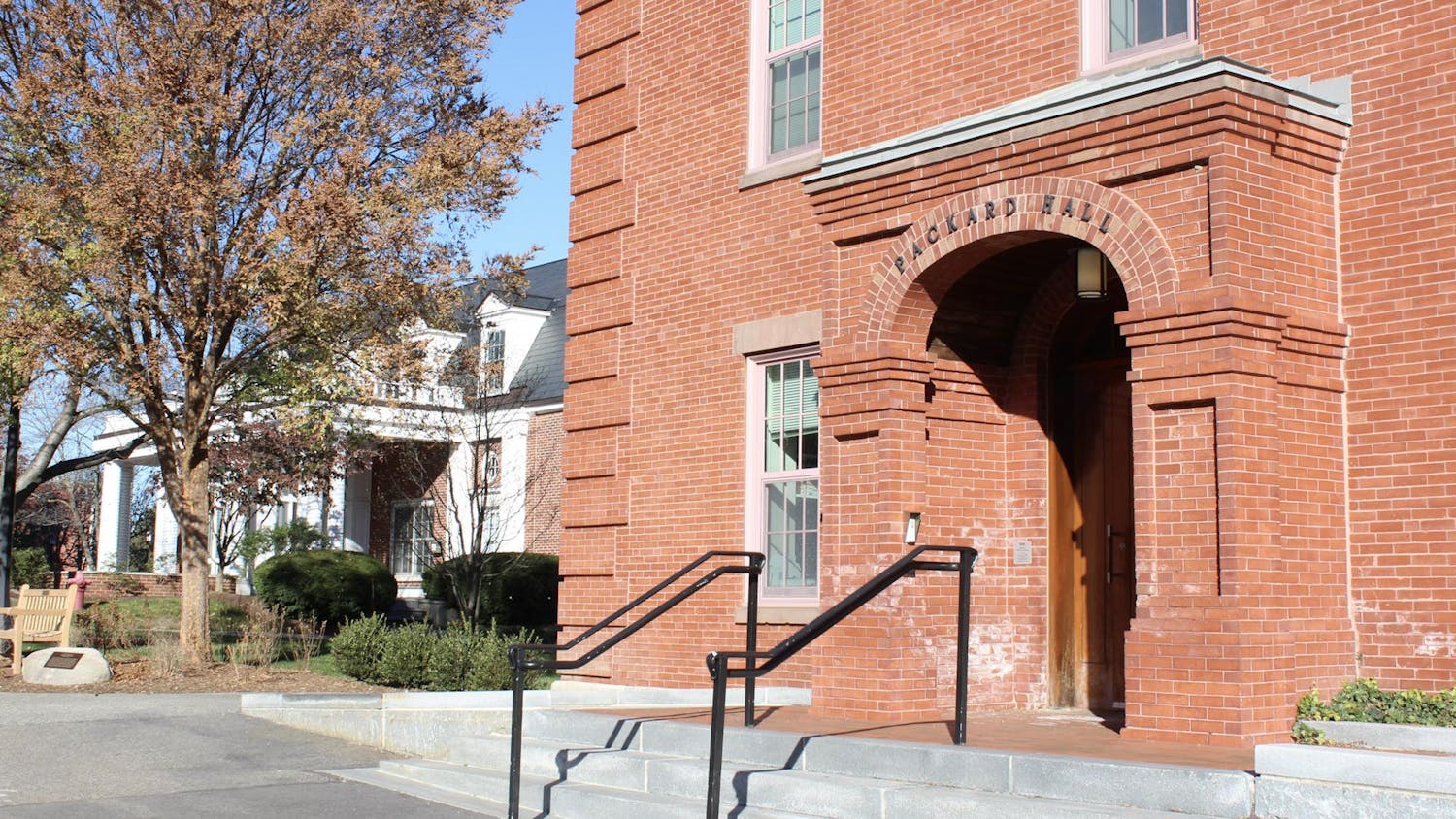The Center for Information and Research on Civic Learning and Engagement (CIRCLE), released the findings of its January poll of Iowa residents ages 18-29 on Jan. 24, finding the strongest support among Democrats for Vermont Senator Bernie Sanders at 39%.
Thirty-five percent of those polled are “extremely likely” to participate in the caucus; 39% support Sanders, 19% favor Massachusetts Senator Elizabeth Warren and 14% favor former South Bend, Ind. Mayor Pete Buttigieg, according to CIRCLE's press release on its findings. Of those polled, 72% said that they were contacted directly to support a candidate or party. CIRCLE's release explained that these statistics are representative of a remarkable increase in voter turnout, as it had estimated only about an 11% turnout for the last elections in 2016.
This poll, which was conducted from Jan. 15 to Jan. 20, was the first partnership between CIRCLE and Suffolk University, according to David Paleologos (LA'80), the director of Suffolk University Political Research Center. Paleologos explained that the Jan. 24 release was only the first of three parts, the rest of which CIRCLE will continue to release in the future.
The joint survey aimed to understand youth voter preferences and attitudes ahead of the contentious Iowa caucuses today that mark the beginning of the primary process to select the Democratic nominee for President.
CIRCLE's survey also provided 14 options for voters to choose from that would prioritize the most influential issue for each voter's choice for presidential nominee. Among young Iowans, healthcare was the most selected issue at 18%, and the environment and tax rates were tied at 12%.
Young Iowan Democrats, however, selected healthcare first at 25%, with the environment second at 20% and international relations third at 12%.
For young Iowan Republicans, tax rates were considered the most important issue at 17%, followed by healthcare and immigration tied at 12%.
The poll also found that 55% of young Iowans were unaware that they had to be registered with a party in order to vote, and another 22% found it difficult to acquire information that would make it possible to partake in the caucuses.
Abby Kiesa, CIRCLE's director of impact, explained that CIRCLE's latest project is particularly unique because it is gathering state-specific firsthand data from Iowa youth, whereas CIRCLE has previously used national and federal databases for its research.
Kiesa added that there are many influences and conditions which may affect caucus turnout, and that these influences are often specific to the context of each state, such as in Iowa.
“Iowa has closed caucuses and that can be difficult for young people, especially young people who are just aging into the electorate to understand that A) these caucuses are happening, B) that people can participate in them, and C) that you can only participate if you’re registered with a political party,” Kiesa said.
Kiesa elaborated, explaining that certain circumstances in Iowa may have an effect on caucus turnout, such as competitiveness, youth outreach and the feeling of group identity that embraces voting to express views.
“We are really committed to understanding what can increase and diversify youth engagement and what can create a more sustainable and equitable system for that to happen,” Kiesa said.
Kiesa added that a state with multiple competitive elections in a year is more likely to have a higher voter turnout, that young voters being contacted by other young voters leads to a higher voter turnout and that voters having a sense of belonging associated with civic engagement also increases their likelihood of voting.
CIRCLE is a non-partisan and independent research organization established in 2001 at the University of Maryland's School of Public Policy, and for the past 12 years has been part of the Jonathan M. Tisch College of Civic Life. CIRCLE focuses on youth civic engagement across the U.S. and has conducted a variety of research following the patterns of young voters, according to the organization's website.
Dean of Tisch College Alan Solomont praised CIRCLE's expansion to state-level research on youth voting patterns and behavior, which includes a forthcoming poll of young voters in Texas, in a statement provided to the Daily. He emphasized the importance of CIRCLE's focus on researching young voters rather than all voters.
“In all we do, we seek to elevate the voices and views of all young people, who are the most diverse generation in history and who will shape the future of our shared democracy,” Solomont said.
More from The Tufts Daily





